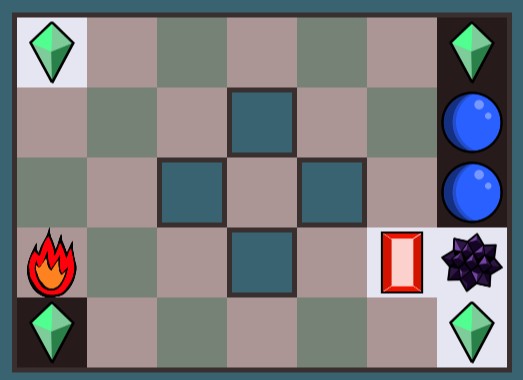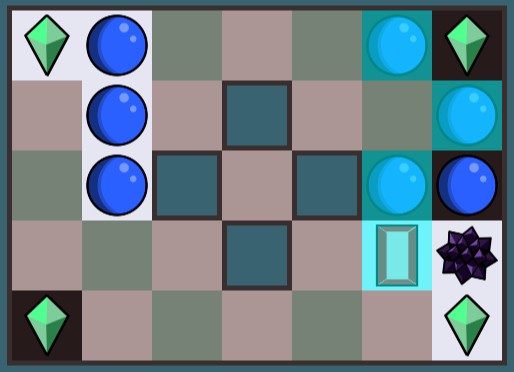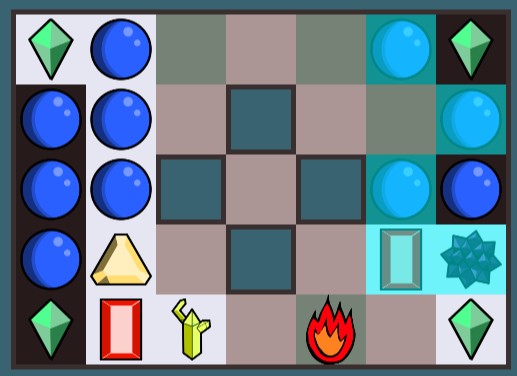Thanks for the reply. Is :frog: meant to render as some sort of emoji? Because both on the app and in a browser, it’s just text, so it’s not clear what it’s meant to signify.
I’d like to leave you with one more note. Maybe it’s not a priority for you, but it would be great if you gave some thought to accessibility for your project. Things like text that’s deliberately hard to read due to small size or low contrast, or background noise that can’t be adjusted and might drown out screen readers, can prevent some people from being able to enjoy the game.
Good luck with your future endeavors. :)




